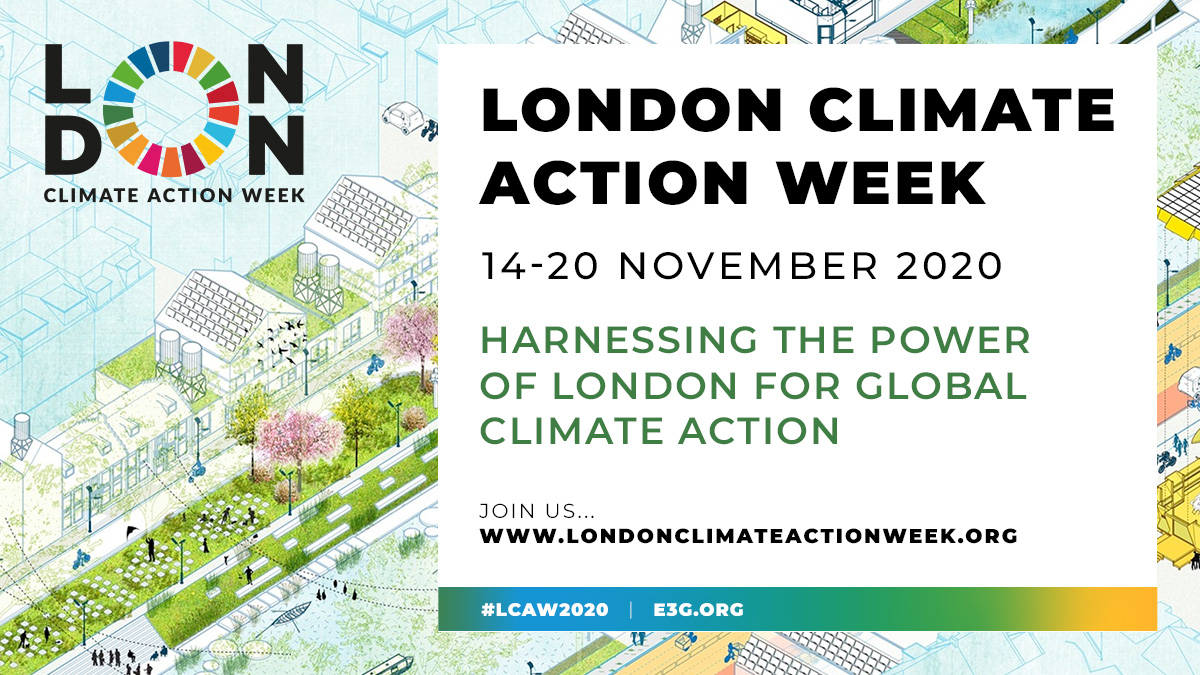In a YouGov poll taken in between the 2nd and 6th of September 2020, people were asked about working conditions pre-Covid-19 and then post-lockdown. 13% of people said they had worked from home all of the time, 19% some of the time, 68% never before the crisis; 33% responded that they now worked from home all of the time, 15% some of the time, 46% never, with 7% furloughed.
Where the poll became interesting was in what people said when asked what they wanted post-Covid-19: 18% wish to work from home all of the time, 39% some of the time, 39% never. There has been a sharp increase in people wanting to work from home some of the time as compared to the pre-Covid-19 period; but most people want to be able to go to the office when necessary as well. For those predicting the death of the office, it looks likely that people are not ready to give up on it completely just yet.
Environmental implications
From an environmental perspective, having vastly more people working from home isn’t as beneficial as has sometimes been assumed. There are definite upsides – less people commuting into city and town centres is a big one. Although a lot of city and suburban dwellers tend to think of commuting as rail or metro, in Britain, 61% of people commute via car or van. So, less people commuting almost assuredly means less people driving. However, there are environmental downsides to more people working from home. Shared office space tends to be much more energy efficient than people working separately from home, particularly in winter.
There is also a growing worry that the effect of Covid-19 may actually drive up car usage, at least in the UK. A big red flag is that reluctance to use public transport is now higher than it has been for the last eighteen years. Although half of people across the UK are using their cars less than they did compared with last year, 57%, perceived access to a car as more important now than before the coronavirus pandemic. There is a reasonable worry that because of fear of Covid-19, people will use public transport less and their cars more in the coming years.
Homes are poorly insulated in the UK and the problem is equally severe in Ireland. Without an extensive programme of retrofitting in both countries, the increase in people working from home could conceivably begin to have a net negative impact on the environment, even if emissions from commuting come way down.
It is clear that working from home is not a silver bullet for solving the climate crisis; nor can we have any degree of certainty how much it will continue as the pandemic abates. We know rather that we have to be ready for either eventuality and design policy around a world that could see us working from our homes more or returning to the office.
Find out more

Next week, as part of London Climate Action Week 2020, we will be presenting the preliminary findings of our net-zero Covid-19 recovery programme, Project Cygnus, and exploring how local policy interventions can help local governments, cities and regions accelerate innovation and drive toward net-zero. Register for free here to join us on 16 November – we’d love to hear your feedback.
